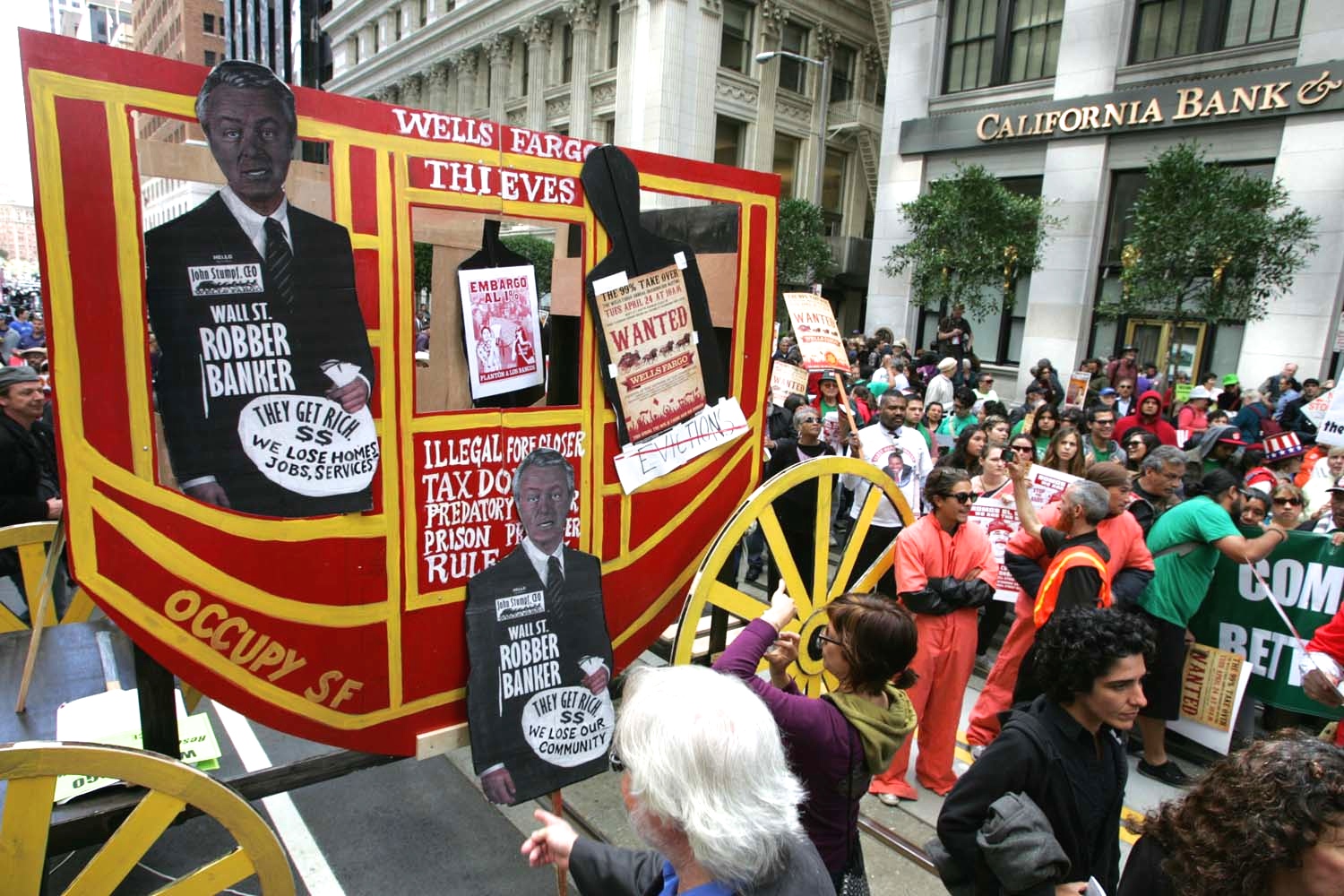
The new issue of Corporate Knights, a magazine which usually focuses on celebrating environmental initiatives in the business word, has a cover story with a different angle. Headlined “The Climate Blockers,” the piece highlights major companies with split personalities: They talk a good game when it comes to matters such as sustainability while directly and indirectly promoting policies that impede decarbonization.
Among the corporations deemed to be most guilty of this hypocrisy are U.S. petroleum giants Chevron, ExxonMobil and ConocoPhillips and U.S. utilities Sempra Energy, American Electric and Southern Company. Others on the ten-worst list are BASF, Nippon Steel, Gazprom and Toyota.
This assessment is based on the work of InfluenceMap, a UK-based non-profit which seeks to hold large corporations accountable for their climate practices. Its Climate Policy Footprint report identifies the “most negative and influential” companies globally, based on lobbying and other influence activities—whether carried out by the corporation itself or by its trade associations.
InfluenceMap also identifies the trade associations with the worst track record on climate policy. The biggest culprits are said to be the American Petroleum Institute, American Fuel & Petrochemical Manufacturers, the U.S. Chamber of Commerce, and BusinessEurope.
Some of the companies on the ten-worst list are not only members of these associations but also part of their leadership. Chevron CEO Mike Wirth is also the chairman of the American Petroleum Institute. Chevron and ExxonMobil have representatives on the board of American Fuel & Petrochemical Manufacturers. Chevron, ConocoPhillips and Sempra have representatives on the board of the U.S. Chamber.
InfluenceMap provides a vital service at a time when growing numbers of large companies are professing adherence to ESG principles—especially the environmental component—while quietly working to discourage legislators and policymakers from moving ahead on aggressive climate initiatives.
Strangely, it is also a time when rightwing public officials in the U.S. are trying to gin up public opposition to what are being labeled “woke corporations.” This effort exaggerates the significance of ESG in the business world and ignores the divergence between sustainability p.r. and regressive influence efforts.
There are actually two types of environmental hypocrisy rampant in Corporate America. Not only are purportedly enlightened companies pushing bad policies—they are failing to comply with existing environmental safeguards. This includes not only climate practices, which are not heavily regulated, but also conventional pollution.
This is part of what we document in Violation Tracker. Take, for example, the companies in the InfluenceMap ten-worst. Over the past two decades, Chevron has racked up over $1 billion in fines and settlements. These include a fine of more than $1 million in red Texas last year. ExxonMobil’s total since 2000 is more than $2 billion, including a $9.5 million settlement last year with New Jersey over PCB contamination. They are surpassed by American Electric Power, whose penalty total is nearly $5 billion.
No company that repeatedly breaks environmental laws—nor any company that uses its influence to block or slow down climate-friendly initiatives—should be able to depict itself as an environmental white knight.


You must be logged in to post a comment.